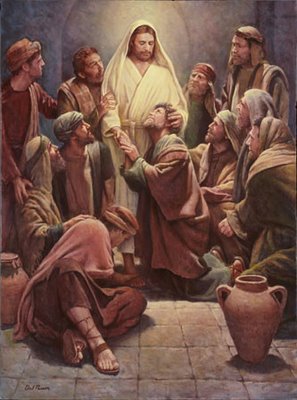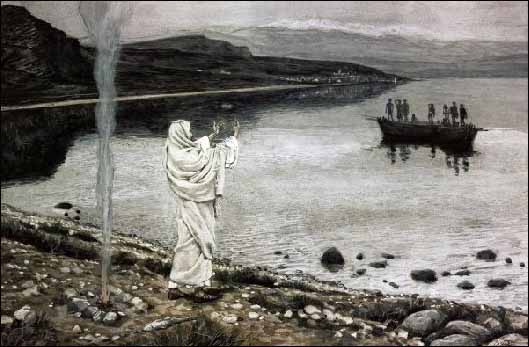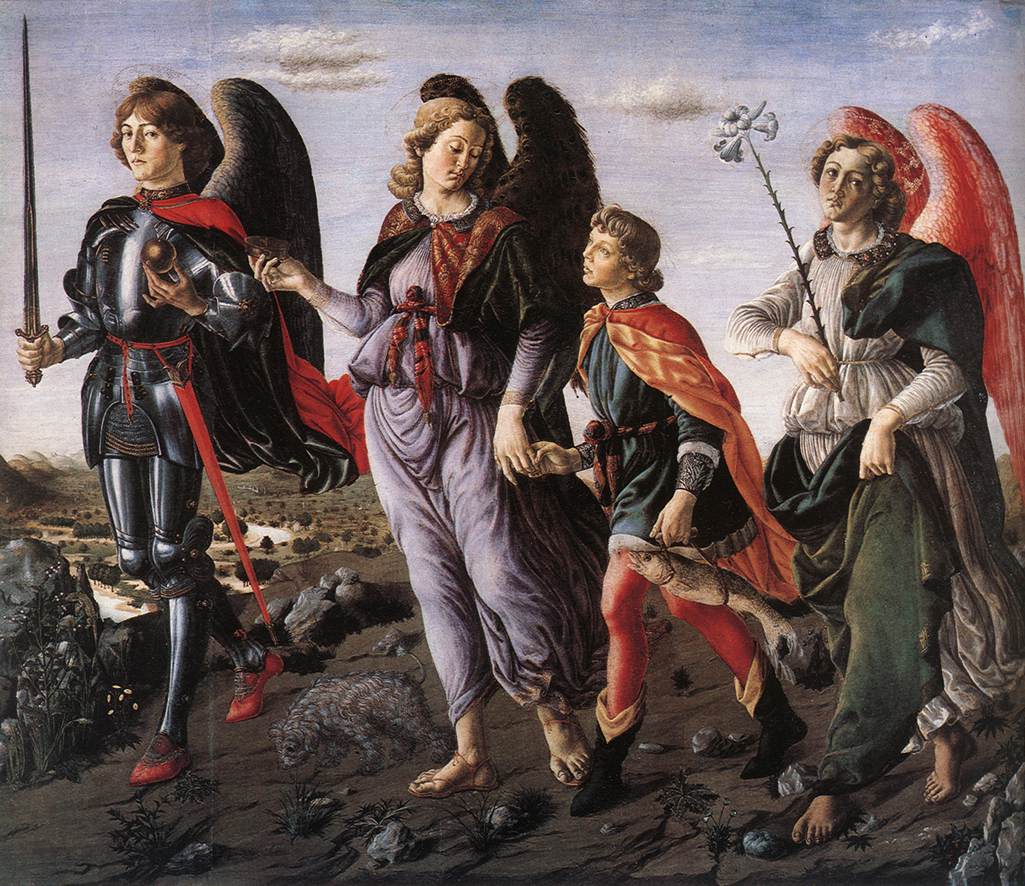Baptism in the Name of Jesus is not valid, nor accepted in the Catholic Church as baptism.
Some denominations merely "dedicate" their children, babies to Christ and expect the adult to decide whether to be baptized or not.
Now, there is a generation (or two) of adults who have never been baptized. Recently, in southern Illinois, this was brought to my attention by a few discussions with three people, one who calls himself a "Bible Christian" and one who was baptized in a New Age Christian "church". The other person did not say whether she was baptized or not.
To live among people who are not baptized presents a new dimension of spiritual warfare to the Catholic. If people are baptized, they are adopted sons and daughters of God, heirs of heaven, and given the theological graces of faith, hope and charity.
If a person is not baptized, according to the teaching of the Church, that person is a "slave to sin". Trent is clear on baptism. http://www.thecounciloftrent.com/ch7.htm
ON BAPTISM
CANON I.-If any one saith, that the baptism of John had the same force as the baptism of Christ; let him be anathema.CANON II.-If any one saith, that true and natural water is not of necessity for baptism, and, on that account, wrests, to some sort of metaphor, those words of our Lord Jesus Christ; Unless a man be born again of water and the Holy Ghost; let him be anathema.There is a demonic twitter trending today, in which teens are calling up a demon. Those who do this and are Catholic fall into mortal sin. Those who are not baptized have no way to defend themselves from either possession, obsession, or oppression. They have no "armour".
CANON III.-If any one saith, that in the Roman church, which is the mother and mistress of all churches, there is not the true doctrine concerning the sacrament of baptism; let him be anathema.
CANON IV.-If any one saith, that the baptism which is even given by heretics in the name of the Father, and of the Son, and of the Holy Ghost, with the intention of doing what the Church doth, is not true baptism; let him be anathema.
CANON V.-If any one saith, that baptism is free, that is, not necessary unto salvation; let him be anathema.
CANON VI.-If any one saith, that one who has been baptized cannot, even if he would, lose grace, let him sin ever so much, unless he will not believe; let him be anathema.
CANON VII.-If any one saith, that the baptized are, by baptism itself, made debtors but to faith alone, and not to the observance of the whole law of Christ; let him be anathema.
CANON VIII.-If any one saith, that the baptized are freed from all the precepts, whether written or transmitted, of holy Church, in such wise that they are not bound to observe them, unless they have chosen of their own accord to submit themselves thereunto; let him be anathema.
CANON IX.-If any one saith, that the resemblance of the baptism which they have received is so to be recalled unto men, as that they are to understand, that all vows made after baptism are void, in virtue of the promise already made in that baptism; as if, by those vows, they both derogated from that faith which they have professed, and from that baptism itself; let him be anathema.
CANON X.-If any one saith, that by the sole remembrance and the faith of the baptism which has been received, all sins committed after baptism are either remitted, or made venial; let him be anathema.
CANON XI.-If any one saith, that baptism, which was true and rightly conferred, is to be repeated, for him who has denied the faith of Christ amongst Infidels, when he is converted unto penitence; let him be anathema.
CANON XII.-If any one saith, that no one is to be baptized save at that age at which Christ was baptized, or in the very article of death; let him be anathema.
CANON XIII.-If any one saith, that little children, for that they have not actual faith, are not, after having received baptism, to be reckoned amongst the faithful; and that, for this cause, they are to be rebaptized when they have attained to years of discretion; or, that it is better that the baptism of such be omitted, than that, while not believing by their own act, they should be bapized in the faith alone of the Church; let him be anathema.
CANON XIV.-If any one saith, that those who have been thus baptized when children, are, when they have grown up, to be asked whether they will ratify what their sponsors promised in their names when they were baptized; and that, in case they answer that they will not, they are to be left to their own will; and are not to be compelled meanwhile to a Christian life by any other penalty, save that they be excluded from the participation of the Eucharist, and of the other sacraments, until they repent; let him be anathema.
Sadly, we are now living among the unbaptized, who do not have, usually, sanctifying grace, and who cannot defend themselves against the powers of the devil. These people have no illumination of the mind, no virtues to strengthen the will, no grace to help them choose good over evil. We can do nothing without grace, and natural virtues do not get us to heaven.
If you have children, find out those in their play groups or school groups who are not baptized and speak with the children about this new problem in our culture. One cannot expect an unbaptized person to act, think, respond the same way as someone who is baptized.
Can God give sanctifying grace to anyone without baptism? Yes, of course. But, the ordinary way into the life of God's own life, which is what grace is, still remains the sacrament of baptism.
We must evangelize the neo-pagans. Their salvation and the salvation of those around them demand this. Our own baptismal promises demand this.
Matthew 28:19New Revised Standard Version Catholic Edition (
19 Go therefore and make disciples of all nations, baptizing them in the name of the Father and of the Son and of the Holy Spirit,






.jpeg)












